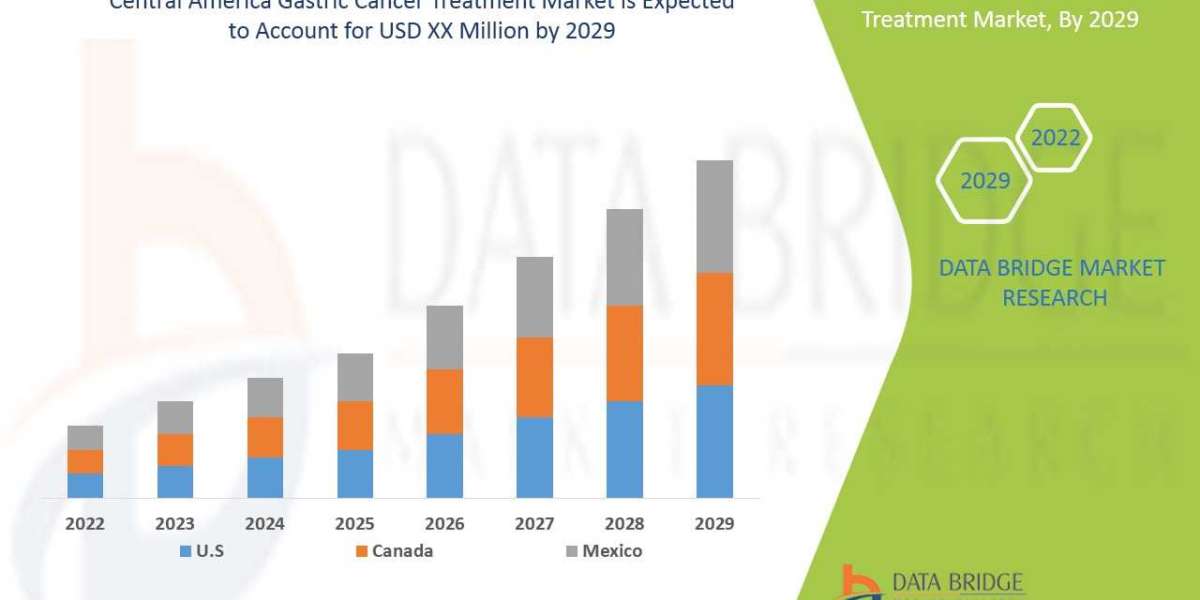Despite this, simply investing in the Microsoft Azure cloud product suite does not guarantee a return on investment. On the one hand, MS Azure is a highly user-friendly cloud solution and a major drawcard for customers. On the other hand, businesses do need a strategy and expert guidance for planning, configuration, implementation, and scaling. In essence, getting the most out of MS Azure products requires professional input and this means hiring Azure Consulting Services.
The Relationship between digital transformation, cloud solutions, and a roadmap strategy
According to McKinsey, any enterprise operating right now needs to be deploying tech across the organization for a competitive advantage. “Digital transformation is the rewiring of an organization, with the goal of creating value by continuously deploying tech at scale”.
Cloud service providers, particularly public services like the top three — AWS, MS Azure, and Google Cloud Platform (GCP) are robust innovators. Hence businesses are using cloud systems with hundreds of products designed to work together wherever they are off cloud servers.
Key features of a roadmap strategy for Digital Transformation
- A clear understanding of business needs for strategic growth.
- Overview of a figurative timeline for the roadmap and what opportunities and barriers to success exist.
- Points around what areas of the business need what types of digital transformation such as database updates and overhauling cybersecurity.
- Budget and staff resources for digital transformation that consider implementation costs, hiring technical experts, and product costs.
- Objectives for implementation with short-term and long-term goals then how this might affect the timeline.
MS Azure Cloud functionalities to consider in a roadmap strategy
Key Microsoft Azure services functionalities that businesses should consider when they’re planning any Azure implementations including scaling are:
- Evaluating the MS Azure products available including Infrastructure-as-a-Service,
- Platform-as-a-Service, and Software-as-a-Service
- Establishing systems needs in terms of technical solutions required for associated problems and infrastructure requirements such as leaving legacy servers
- Auditing existing MS products in use and if they will be integrated with MS Azure, such as Microsoft 365
- Reviewing the MS Azure pricing structure and planning budgets according to their price points
Azure Consulting Services advance a roadmap strategy because they:
- Complete a technical audit of the business ecosystem and evaluate how MS Azure products can restructure and improve systems.
- Deliver a cloud readiness assessment based on a business ecosystem audit that maximizes application performance.
- Oversee risk-free migration to MS Azure including MS products integration and third-party integration.
- Advise on cost-effective Azure consulting services in line with business budgets and objectives.
- Dedicate cloud specialists to ideating, configuring, and deploying.
- Remove barriers to using MS Azure functionalities as they can quickly scale systems and add new features
- Offer Azure consultants who have a critical understanding and training in MS Azure
- Have experts who can configure custom cloud solutions due to deep product knowledge and access to features uncertified professionals don’t have
- Maintain products as a service so businesses don’t have the on-call burden for MS Azure
Leading MS Azure Roles:
- System Administrators
- Data Engineers
- Solution Architects
- Data Analysts
- Business Analysts
- Data Scientists
- App Makers
- Network Engineers
- Support Engineers
- Technology Managers
- Information Protection and Compliance Administrators
- DevOps Engineers
- AI Developers
Five roadmap strategy objectives for businesses hiring Azure Consulting Services
- Eliminate latency:- Firstly, latency is a global issue for businesses in all contexts. Due to old systems or cumbersome processes, this loses them customers and causes team mistakes.
- Strategize scaling:- Secondly, the scalability of the MS Azure Cloud suite is a core value proposition for customers. Because the product range is always growing in solution ranges as well as individual features, businesses can harness functionality strategically.
- Risk management:- Thirdly, businesses need to approach any system change — or operational change — with risk management in mind. Undeniably this is true for cybersecurity risk management as well as protecting sensitive business data and adhering to compliance.
- Human resource support:- Fourthly, all areas of human resources should be strategically considered. Indeed this includes planning staff training, evaluating how systems affect productivity and workflow, and prioritizing tools for secure team collaboration.
- Hybrid and multi-cloud planning:- Lastly, understanding hybrid and multi-cloud needs positions businesses to approach innovation with a more ambitious and forward-thinking outlook.
Conclusion
In conclusion, Microsoft cloud computing systems are a vital solution in any digital transformation roadmap strategy. In fact, Microsoft envisions that it can help every business operate more effectively while integrating existing Windows tools. This means businesses can confidently migrate to end-to-end cloud systems to make their operations more intelligent and connected.
For more details:https://www.a3logics.com/blog/finding-expert-azure-consulting-services







